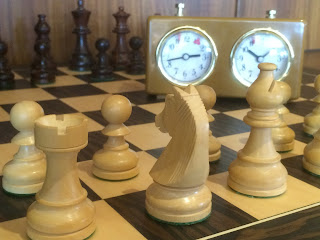A few weeks ago in southern England, I was on a tour that included Corfe Castle, a castle that has a 1,000-year history dating back before William the Conqueror invaded England.
 |
| Corfe Castle, County Dorset, England |
We learned that during the English Civil War, Oliver Cromwell and Parliamentary forces used gun powder to destroy Corfe Castle, causing its defensive walls to fall. As I climbed with tourists from around the world on the ruins of this once impenetrable fortress, I wondered about our use of walls: to defend and protect; to keep others out; to separate and divide. And I reflected upon my own defendeness, those times when I react so strongly to anger, fear, embarrassment, and misunderstanding to keep others away. Heavy insights as we explored the sites and wonders around us!
 |
| What would it take for me to lower my defenses? |
My friend and I showed up at the designated place ten minutes before the arranged time, and waited. No one from our group was around! We waited, recalling the instructions we thought we had heard and understood. Eventually, when no one arrived at the meeting location, we decided to head downhill to the information center where the bus was parked. The group was in the bus, waiting!
As we encountered the guide and got on the bus, we were embarrassed, and wondered how we could have been the only two to have misunderstood. Our defenses went up, ready to tell the guide what she said and what we heard and understood. (Did you catch the blaming and projecting; the sense that we were right and the guide was wrong; and the we-they language?! Not pretty!)
 |
| When do I build walls to defend and protect myself? |
- Consider how our defensiveness (defendness) is used to protect us; but now that we are separated, we are weaker.
- Reflect on how the human spirit aspires for freedom; yet because we react so quickly, we don't seem to pause and consider creative solutions that exhibit human transcendent freedom.
- Look at how human ingenuity and imagination draw forth ways to improve and progress, yet these same inventions are used to destroy, terrorize and conquer.
Just image! Impenetrable Corfe Castle with over 1,000 years of history had its walls torn down. Maybe our journey this week will allow us to remove our much younger walls!
 |
| Larry Gardepie |











